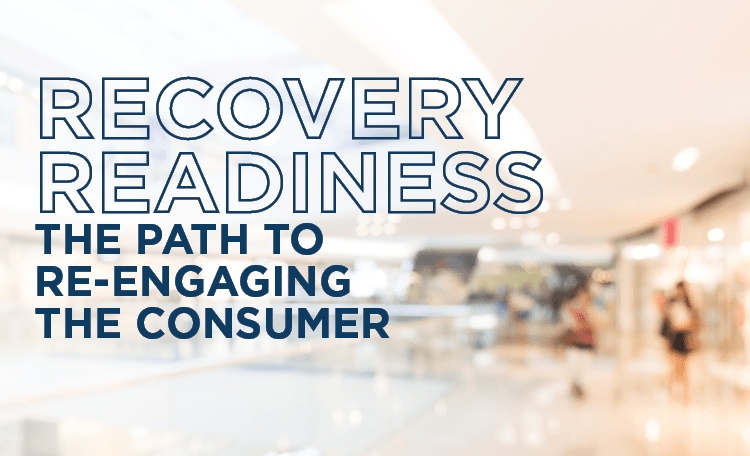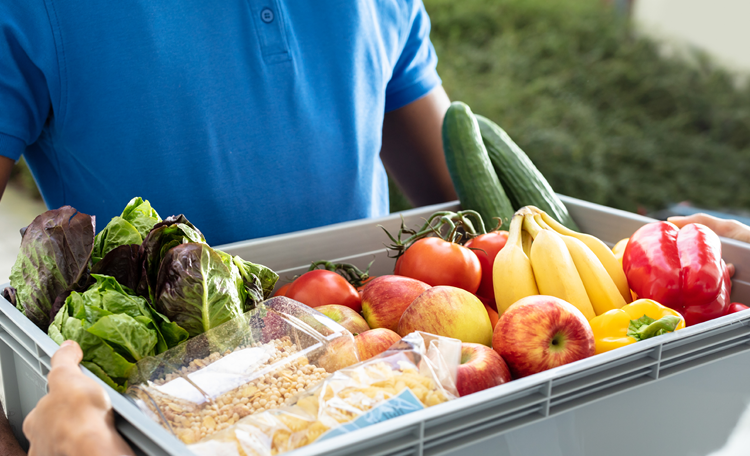
As governments around the world impose strict social distancing measures to help contain the spread of COVID-19, the retail, leisure and hospitality sectors have been extremely hard hit by enforced business closures, effectively putting the sector into hibernation. Helping keep these businesses afloat, however, are dark kitchens and food takeaway services that are delivering food right to the customers’ doors.
Dark kitchens (or ghost or virtual restaurants) are commercial establishments with no physical restaurant dining space in the traditional sense. Instead, these kitchens are designed to produce food that can only be ordered through a mobile app. This model offers a number of benefits to restaurants and hotels, including:
- Lower occupancy costs: Without seating or dining space requirements, they can operate with reduced footprints, which lowers occupancy costs.
- Lower rent: Not only is the footprint reduced, but the price per square foot is also typically lower since these spaces don’t need to be in prime retail locations where rent is traditionally higher.
- Reduced labor costs: The model eliminates the need for dining services staff, and as such, reduces some of the labor costs of a more traditional restaurant model.
Restaurants and hotels from around the world are increasingly looking to these dark kitchens and delivery services as they diversify their focus from in-house diners to at home delivery. There are many examples of this growing trend across the U.S., Europe and Asia Pacific, including one large-scale example in Hong Kong where Deliveroo has been working with a number of mall owners to support their F&B tenants. And in the UK, Deliveroo says it has registered almost 3,000 new restaurants on its platform in the past month alone.
It seems unlikely that the recent spike in online food orders will completely offset revenues lost due to the fall in in-house dining, but at least it offers a valuable lifeline for many F&B and hospitality businesses – both large and small - and could in fact be instrumental in keeping them ultimately afloat. These kitchens may be “dark,” but they are offering a bright spot for many in the food industry during this incredibly challenging time.


